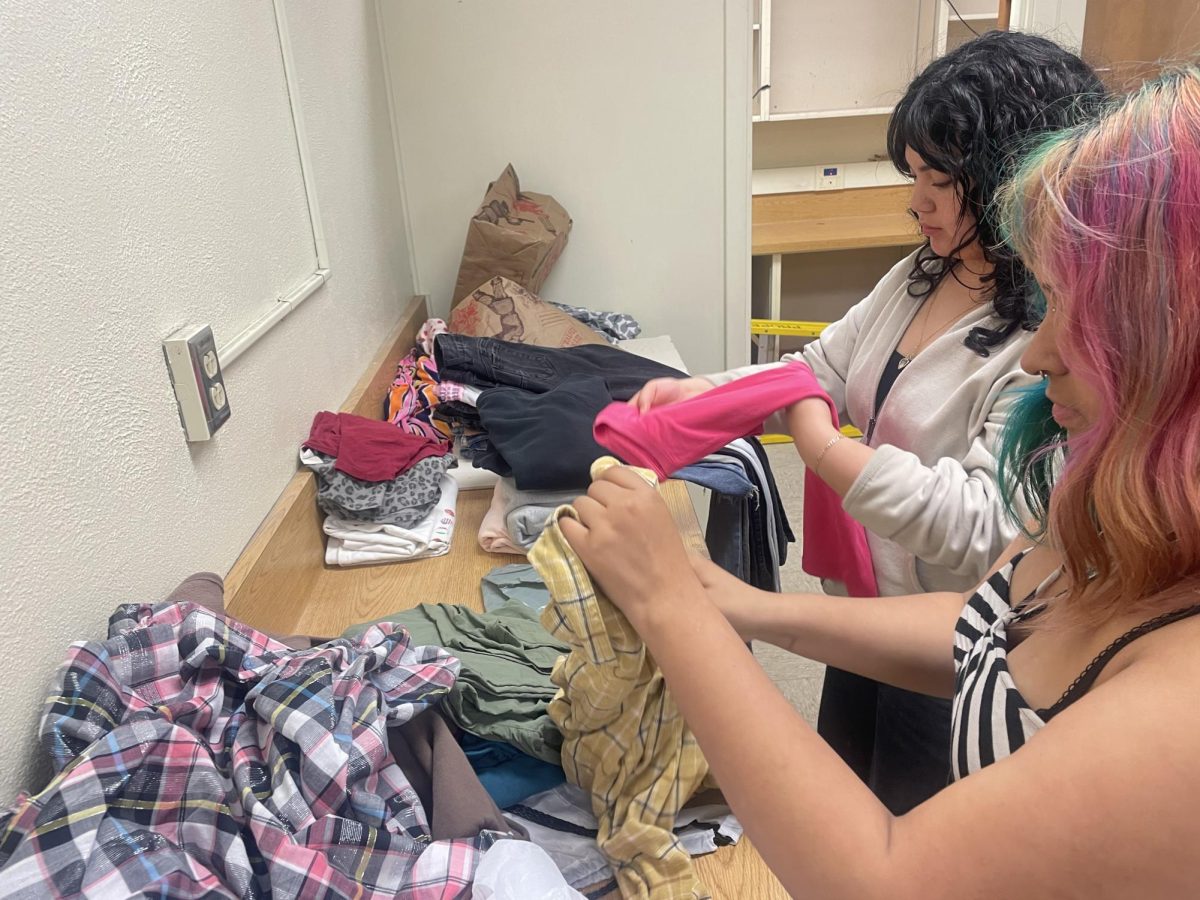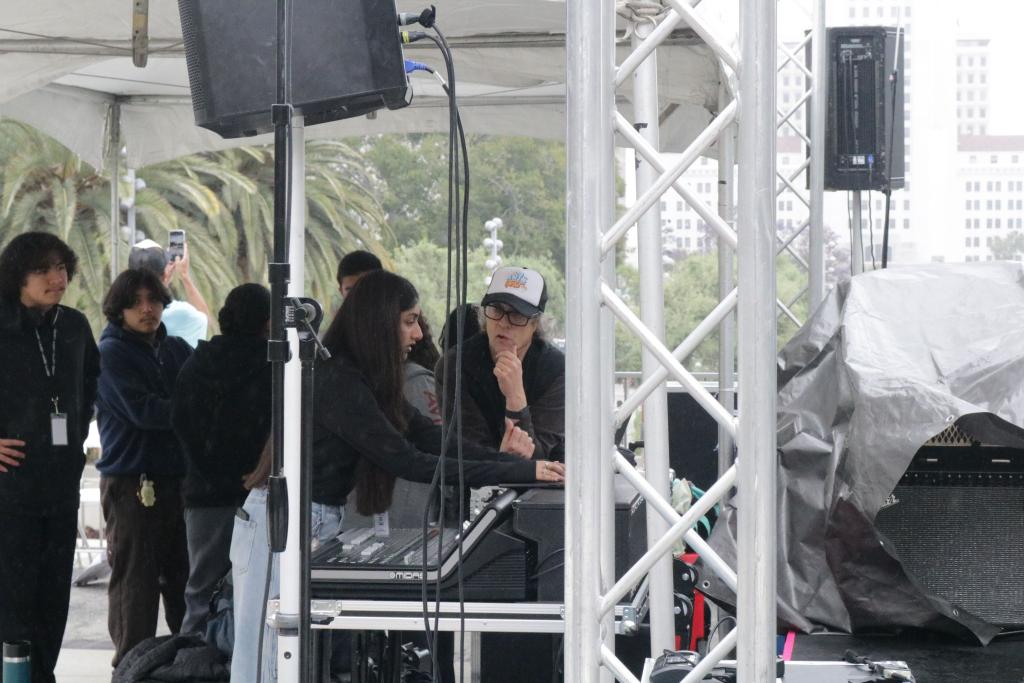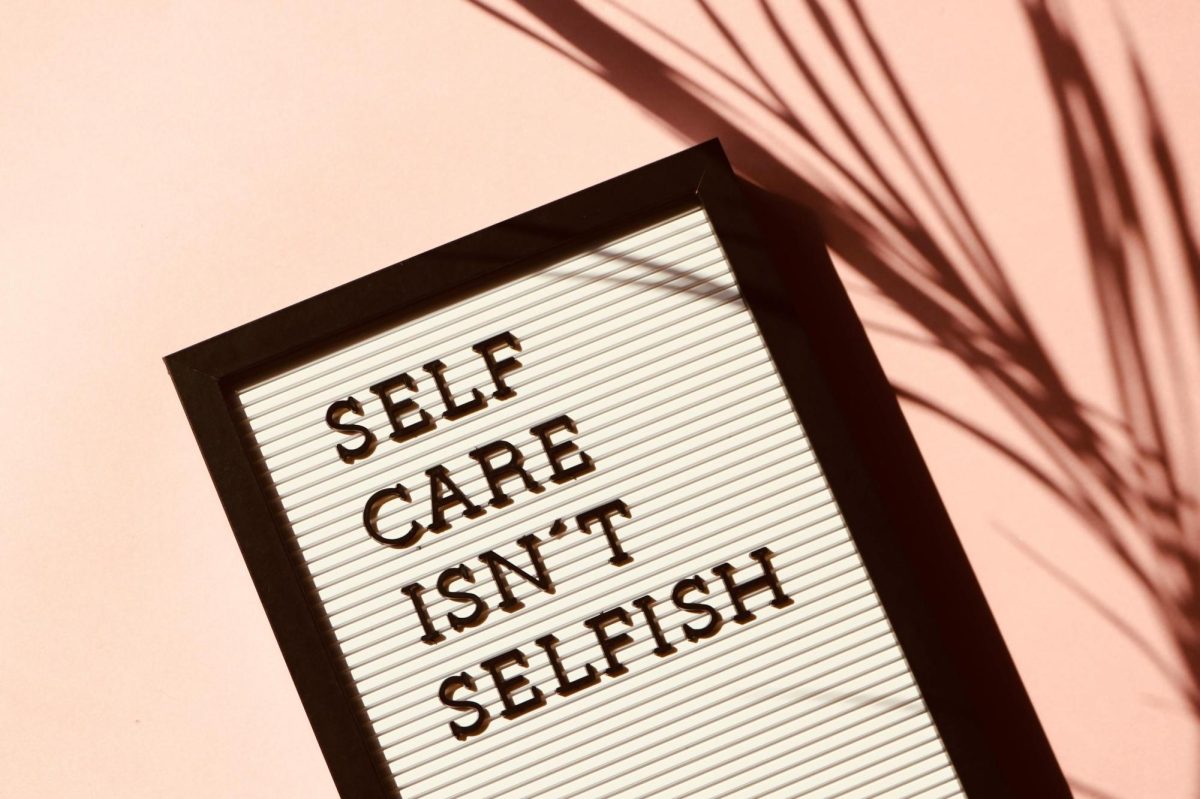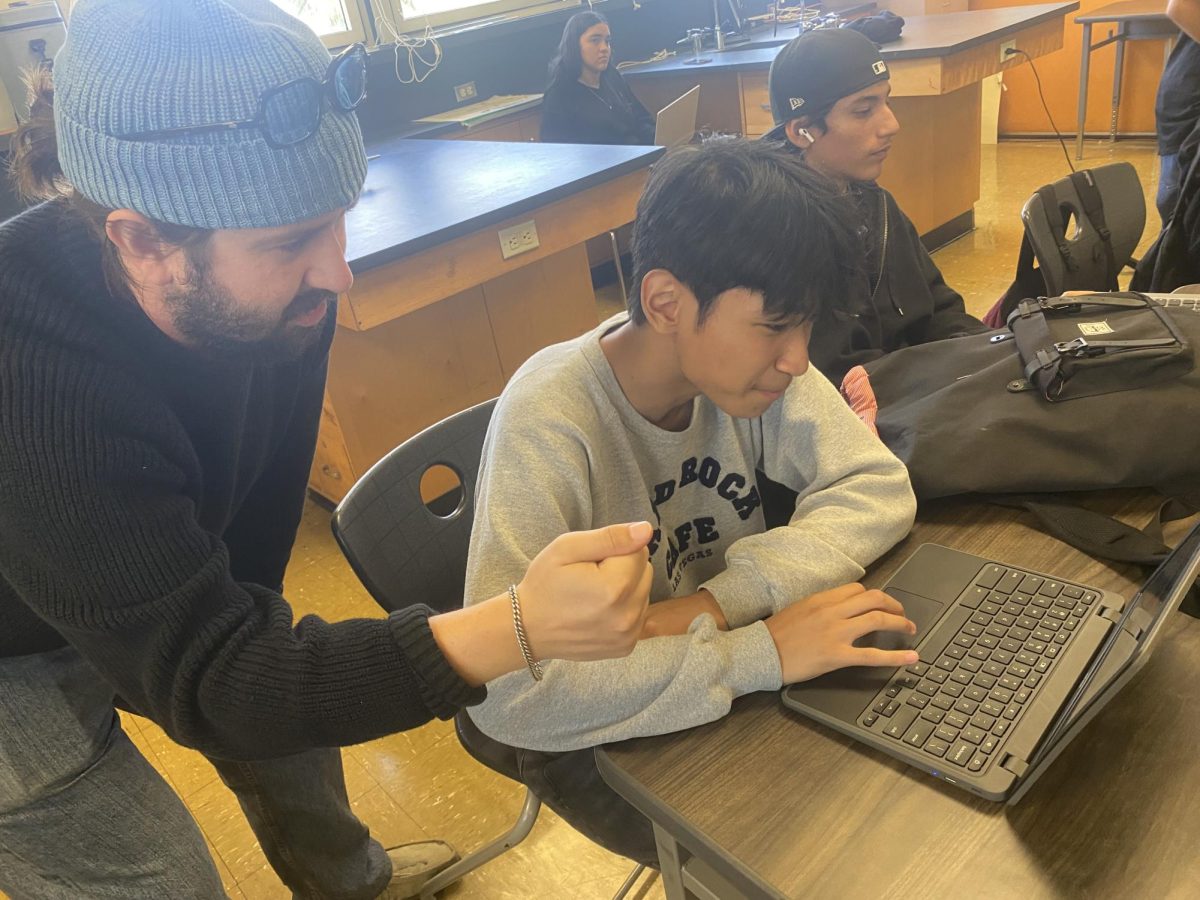With social media, influencers, and unrealistic expectations on the youth, teen mental health has become one of the most critical health concerns of our age. As adolescents begin to navigate the transition from a kid to adulthood, we face a wide range of mental, emotional, academic and social pressures. These battles sometimes go unnoticed or are fought in the dark due to the stigma around asking for help. However, if left unaddressed for too long they can have long-lasting impacts on our futures.The most common conditions being depression, anxiety, and conduct disorders like severe physical aggression, delinquent behaviors, and purposeful manipulation however these are just a few to name. According to the World Health Organization, mental health conditions account for 16% of the global burden of disease and injury among adolescents, the CDC (Centers for Disease Control and Prevention) shows that in 2021 over 40% of high school students reported the underlying symptoms of depression, and nearly 22% of these student attempted of committed suicide that same year.
Several factors contribute to the rise in mental health issues among teens. Social media, while it offers a wide range of interactions, connection, and entertainment, along with the lack of media and information literacy bestows upon my generation an immense amount of cyberbullying, unrealistic comparisons, and low self-esteem. The biggest issue I’ve noticed is social comparisons. On major platforms like Snapchat, Instagram and TikTok teens are constantly exposed to idealized images of others lives, bodies, and achievements. This can lead to a feeling of inadequacy as teens compare themselves to influencers and their peers who appear to be more successful or attractive. Along with Social comparison, comes cyberbullying.

According to a 2022 PEW Research Center study, nearly 46% of teens say they experienced some form of online harassment, ranging from name calling to serious threats. The anonymity and reach of social media makes it so easy for cyberbullying. While some teens think “it’s just a joke” it may not be funny to the person being made fun of. Our generation lacks maturity and empathy when it comes to being online and speaking to other people. Protecting teen mental health requires a proactive and compassionate approach that addresses both the external and internal threats one has to their mental health.
Schools, families, and communities must work together to create safe digital spaces, enforce clear anti-bullying policies, and foster environments where teens actually feel safe, seen, and supported. While at the same time, empowering teens on understanding their own self worth, setting personal boundaries, and building the resilience that is essential for not only their long term well being but a critical tool needed to live in this society. These tools come with self-actualization. A concept introduced by psychologist Abraham Maslow, representing the process of realizing and fulfilling one’s potential. For teens, this means discovering who they are, what they value, and what does and doesn’t serve them positive energy. It’s about more than just surface level success, it deeply involves emotional maturity, creativity, purpose, and most of all confidence. When teens are supported throughout all aspects of their lives, they become more resilient to negative influences like cyberbullying.
Encouraging self-actualization allows teens to shift their focus from others and focus on building themselves. Once you realize that no one else truly matters but you, it makes it a whole lot easier to gain a strong sense of purpose and self. Ultimately, supporting teen not only teen mental health but all mental health means first addressing the issues that lie in our communities and society, creating a plan to remove ourselves from these negative spaces, and pursuing a life that is tailored to us. Self actualization empowers, it makes us look inward instead of outward for our own strengths. Everyone has weaknesses but not everyone is able to take the first step, admitting. Vulnerability is needed now more than ever in a society that treats this trait as “too sensitive”. When creating environments that promote these things it allows both protection and stability, this can help people not only survive but thrive.
With Social Media, Influencers, and unrealistic expectations on teens, our youth can find it hard to achieve balance in their lives. With this generation’s idea of “pretty” or “cool” it can take a huge hit to one’s self esteem if they don’t follow what their peers are doing. Mental health has become a more open topic but is not all the way transparent. Some people still find the topic to be taboo or not real at all.


























